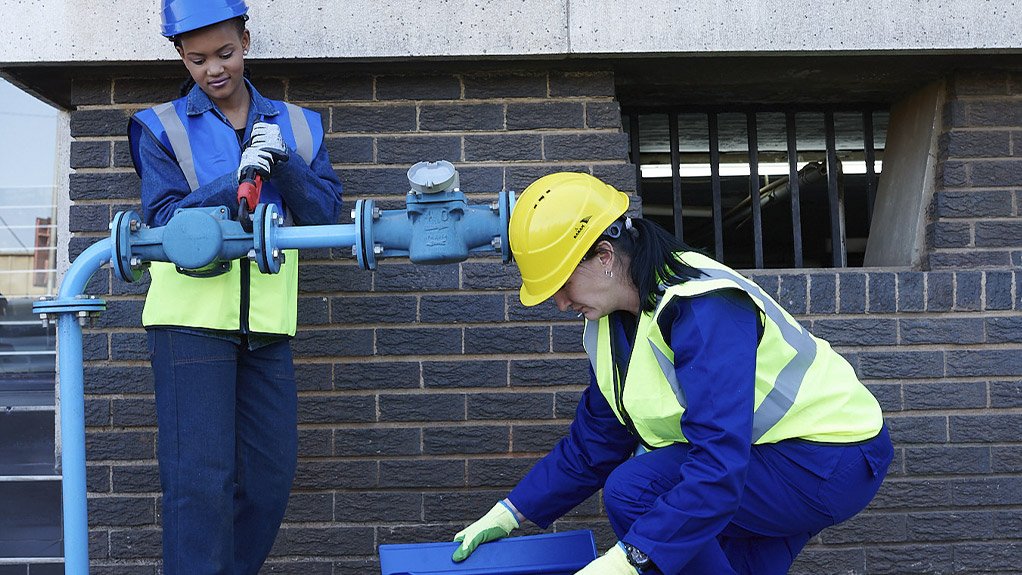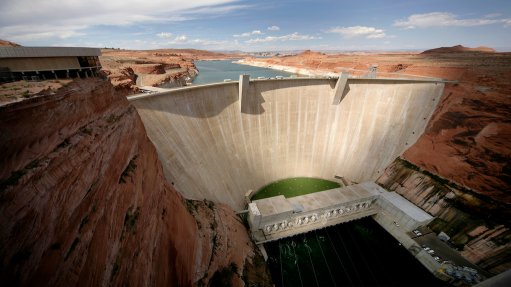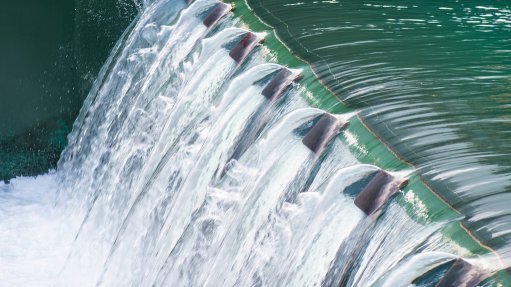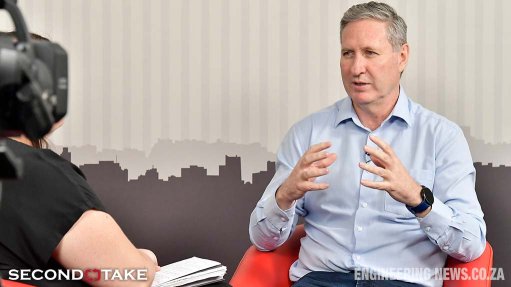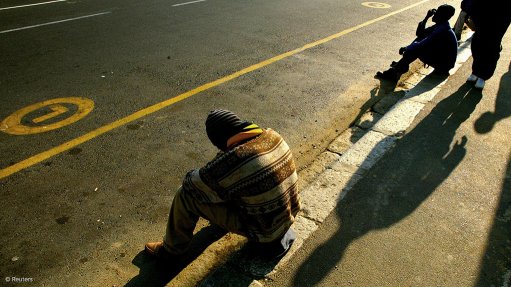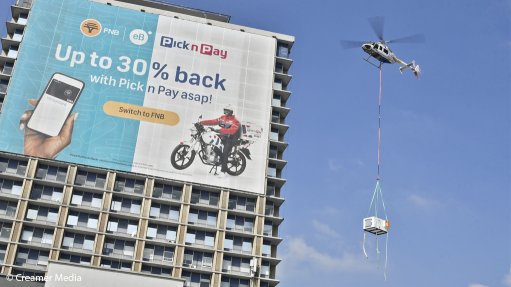Plumbing – buy cheap, buy twice
This article has been supplied.
All businesses are at risk of incurring water damage due to plumbing systems that have been incorrectly installed, maintained or repaired.
However, this risk is especially high in high-rise commercial real estate and high-value buildings, as well as hospitals, clinics and health services centres. The degree to which these buildings incur water damage as a result of plumbing-related issues is also usually more severe and the resulting losses higher than in other types of premises. This is considering the extensive use of bathrooms in these buildings and their water-intensive outlets.
Insurance companies only cover the cost of the water damage when it was sudden and unforeseen. Therefore, the insured will not be able to claim when water damage is due to wear and tear of plumbing systems over time. Moreover, property owners cannot claim from insurance if water damage is the result of a defective plumbing system design; poor quality plumbing workmanship; or the use of inferior plumbing materials. It is only in exceptional cases that costs of repairing damage as a result of wear and tear of plumbing systems have been covered by insurance companies. Even in such cases, the property owner still bears the full cost of repairing or replacing damaged plumbing systems. This unplanned cost can be extremely high, not to mention the resultant water damage which is often much more costly. Considering the risk involved, it is advisable that property owners or tenants ensure that their plumbing systems are correctly installed, maintained and repaired. Qualified plumbers will issue a Certificate of Compliance for their plumbing workmanship. This holds them accountable for the quality of the work that they have performed.
“Water damage can have a significant negative impact on business. I am not just referring to the cost of replacing damaged inventory, furniture and equipment, which can be exorbitant on its own. Many businesses may also not be able to operate at full capacity or at all until such time that the repairs have been completed, resulting in a loss of revenue during this period which will depend on the severity of the damage. Worryingly, there are many businesses that are still willing to take this risk, evidenced by the increase in substandard plumbing workmanship in the country. It is certainly not only homeowners who use the services of unqualified “plumbers” or skimp on maintenance,” Brendan Reynolds, Executive Director of the Institute of Plumbing South Africa (IOPSA), says. IOPSA is the official mouthpiece of the South African plumbing industry. The institute’s strong membership consists of qualified plumbers, as well as manufacturers and suppliers of quality plumbing products.
There are two types of plumbing leaks that can damage property. They include incoming freshwater and outgoing sewage leaks.
The lead cause of interior water damage in multi-storey buildings with stacked plumbing is leaking toilets. Toilets have several parts that can deteriorate over time. Generally, toilet
inlet hoses need to be replaced at least every three to five years – even if they do not appear to be worn. As much as 113l of water a day can leak from a small hole in a toilet hose or waste pipe. This may not be immediately noticeable and can potentially become a more serious problem if left unattended. The damage is compounded by the cost of the wasted water that will reflect on the monthly utility bill. Higher than normal utility bills are always a tell-tale sign that there are leaks on the premises.
Meanwhile, as much as 950l of water a day can leak from a 0,3cm crack in a pipe resulting in significant damage over time and an excessive waste of water. The extent of the damage caused by a leaking pipe will vary from mild to severe, especially when water leaks into walls or floors. These leaks can also damage the foundation of a structure, which is not supposed to be exposed to moisture. Older buildings are especially prone to this risk considering the age of their plumbing. A challenge, however, is that serious pipe defects may go undetected for extended periods before it is too late. This is considering that many pipes on a property are concealed in walls, floors, underground or in ceilings. Interior corrosion that eventually leads to pipe bursts can also go largely unrecognised. A qualified plumber is trained to detect leaks in hidden pipes and whether they are about to fail due to internal corrosion problems. Various sophisticated methods are deployed to locate leaks on pressure pipelines and non-pressure pipe systems. The most suitable method is determined after a comprehensive site inspection.
Water main breaks almost always cause extensive damage. Lead causes of water main breaks include extreme weather events, construction activity and soil erosion, as well as the age of the system. A qualified plumber will be able to advise whether it is time to replace a water main. Older systems used steel pipes which were susceptible to corrosion and reactive with most chemicals, whereas polyvinyl chloride (PVC) pipes are now widely used in these applications. PVC water pipes are also free from bio-film contamination that can be a breeding ground for bacteria and are very effective in avoiding unnecessary water waste from source to consumer. All piping from the meter onto the private property is the responsibility of the owner or tenant as prescribed by the lease agreement. It is, therefore, advisable to always use a qualified plumber when maintaining or repairing water mains on the property.
Sewage backup is very messy and undesirable. In large-scale properties, this problem is caused by natural disasters, as well as clogged or damaged pipes. Qualified plumbers will be able to mitigate this risk through scheduled maintenance and inspections of the sewer lines. They will also repair damaged systems in the correct manner. This is considering that there have been many instances where improper repair methods and overuse of chemicals have damaged sewer lines, costing the property owner more in the long run and potentially jeopardising municipal infrastructure.
Barring damage caused to property, another risk associated with sewage backup and other types of water damage is disease. This includes typhoid and scarlet fever, cholera and dysentery, as well as diseases of the brain, lungs or kidneys. Exposure to contaminated
water can also compromise immune systems. Leptospirosis is another particularly harmful bacteria that grows in contaminated water. It causes acute inflammation, fever and jaundice. Meanwhile, mould and fungi that contain neurotoxins which cause severe respiratory disorders also grow in moist areas. Moreover, these damp areas attract pests and vermin that also transmit disease.
Water-damaged electrical wiring can also result in electrocution or a fire. Vacant properties during the lockdown were especially at risk considering that leaks would go unnoticed for protracted periods causing significant damage, including to electrical systems inside buildings.
“It is really a case of ‘buy cheap, buy twice. The many risks associated with skimping on plumbing maintenance; poor quality plumbing workmanship; and the use of inferior plumbing products just to save a bit of money are simply not worth it. Dealing with a qualified plumber gives you peace of mind that your plumbing systems have been installed, maintained and repaired correctly and safely. Should disaster strike, you know you are covered.” Reynolds concludes.
Comments
Press Office
Announcements
What's On
Subscribe to improve your user experience...
Option 1 (equivalent of R125 a month):
Receive a weekly copy of Creamer Media's Engineering News & Mining Weekly magazine
(print copy for those in South Africa and e-magazine for those outside of South Africa)
Receive daily email newsletters
Access to full search results
Access archive of magazine back copies
Access to Projects in Progress
Access to ONE Research Report of your choice in PDF format
Option 2 (equivalent of R375 a month):
All benefits from Option 1
PLUS
Access to Creamer Media's Research Channel Africa for ALL Research Reports, in PDF format, on various industrial and mining sectors
including Electricity; Water; Energy Transition; Hydrogen; Roads, Rail and Ports; Coal; Gold; Platinum; Battery Metals; etc.
Already a subscriber?
Forgotten your password?
Receive weekly copy of Creamer Media's Engineering News & Mining Weekly magazine (print copy for those in South Africa and e-magazine for those outside of South Africa)
➕
Recieve daily email newsletters
➕
Access to full search results
➕
Access archive of magazine back copies
➕
Access to Projects in Progress
➕
Access to ONE Research Report of your choice in PDF format
RESEARCH CHANNEL AFRICA
R4500 (equivalent of R375 a month)
SUBSCRIBEAll benefits from Option 1
➕
Access to Creamer Media's Research Channel Africa for ALL Research Reports on various industrial and mining sectors, in PDF format, including on:
Electricity
➕
Water
➕
Energy Transition
➕
Hydrogen
➕
Roads, Rail and Ports
➕
Coal
➕
Gold
➕
Platinum
➕
Battery Metals
➕
etc.
Receive all benefits from Option 1 or Option 2 delivered to numerous people at your company
➕
Multiple User names and Passwords for simultaneous log-ins
➕
Intranet integration access to all in your organisation



